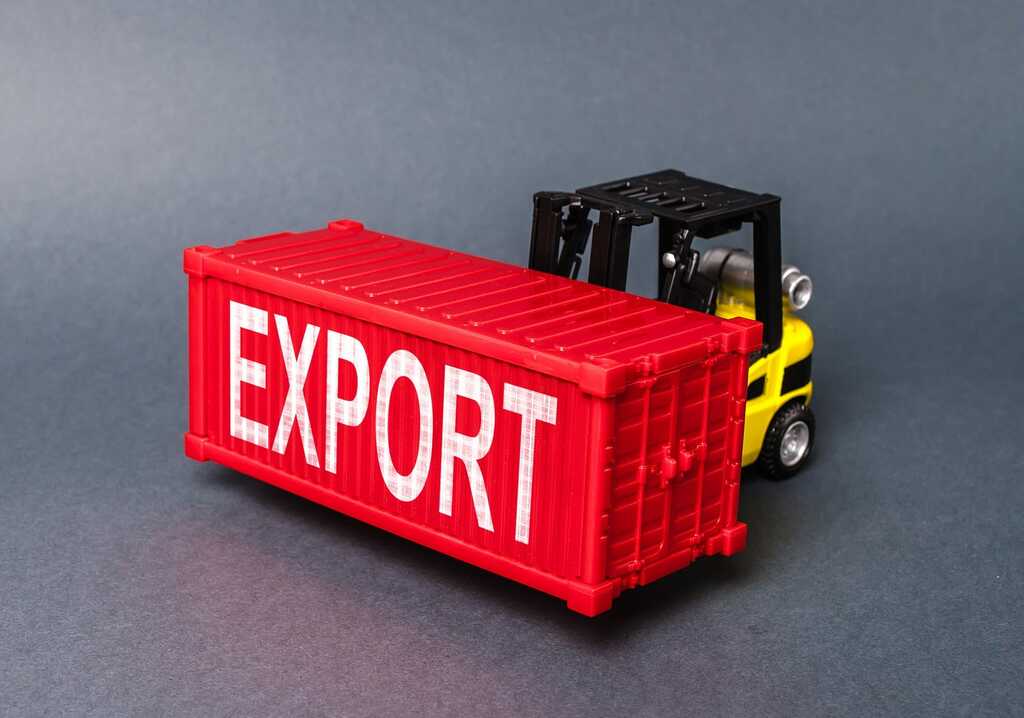The African Continental Free Trade Area (AfCFTA) is currently supported by the United States, China and the European Union.
What is the AfCFTA? A framework agreement signed by 54 of the 55 members of the African Union (AU) that aims to remove barriers to intra-African trade and investment through the negotiation and gradual implementation of various commitments.
The European Union (EU) has been a leading partner in the development of the AfCFTA and has funded such initiatives.
Also, according to a U.S. congressional analysis, China has expressed support for the AfCFTA and, given its increasingly prominent position as an economic partner of many African countries, may be particularly interested in the negotiation and implementation of the agreement.
In 2021, China’s trade with Africa ($254 billion) was nearly four times that of the United States with the region ($64.1 billion).
The same analysis indicates that these governments and other African trading partners may seek to influence the nature of AfCFTA commitments according to their own trade and foreign policy objectives.
At present, the paper adds, there does not appear to be comprehensive reporting on U.S. foreign assistance specifically in support of the AfCFTA, which may make it difficult for the U.S. Congress to assess how that U.S. support compares to or complements that of other African trading partners and whether U.S. assistance is sufficient to address congressional objectives in the region.
AfCFTA
Many policymakers and economists view the AfCFTA as an ambitious trade policy initiative with considerable potential to spur economic development in Africa, if implemented as planned.
The World Bank, for example, estimates that the AfCFTA could increase Africa‘s real income by 7% and lift 30 million people out of extreme poverty by 2035.
The first phase of the AfCFTA, which focuses primarily on liberalizing trade in goods and services, technically came into force on January 1, 2021, but little trade has actually taken place under AfCFTA rules due to pending and related negotiations on certain issues, particularly on rules of origin.
Tariffs
The agreement is intended to foster greater African regional economic integration, which lags behind that of other regions of the world, and to promote economic growth.
While commitments include the eventual elimination of tariffs on 97% of tariff lines, the long-term objectives are to create a single market for goods, services and capital, including a common African customs union, and to allow for the free intra-regional movement of people.
![]()

